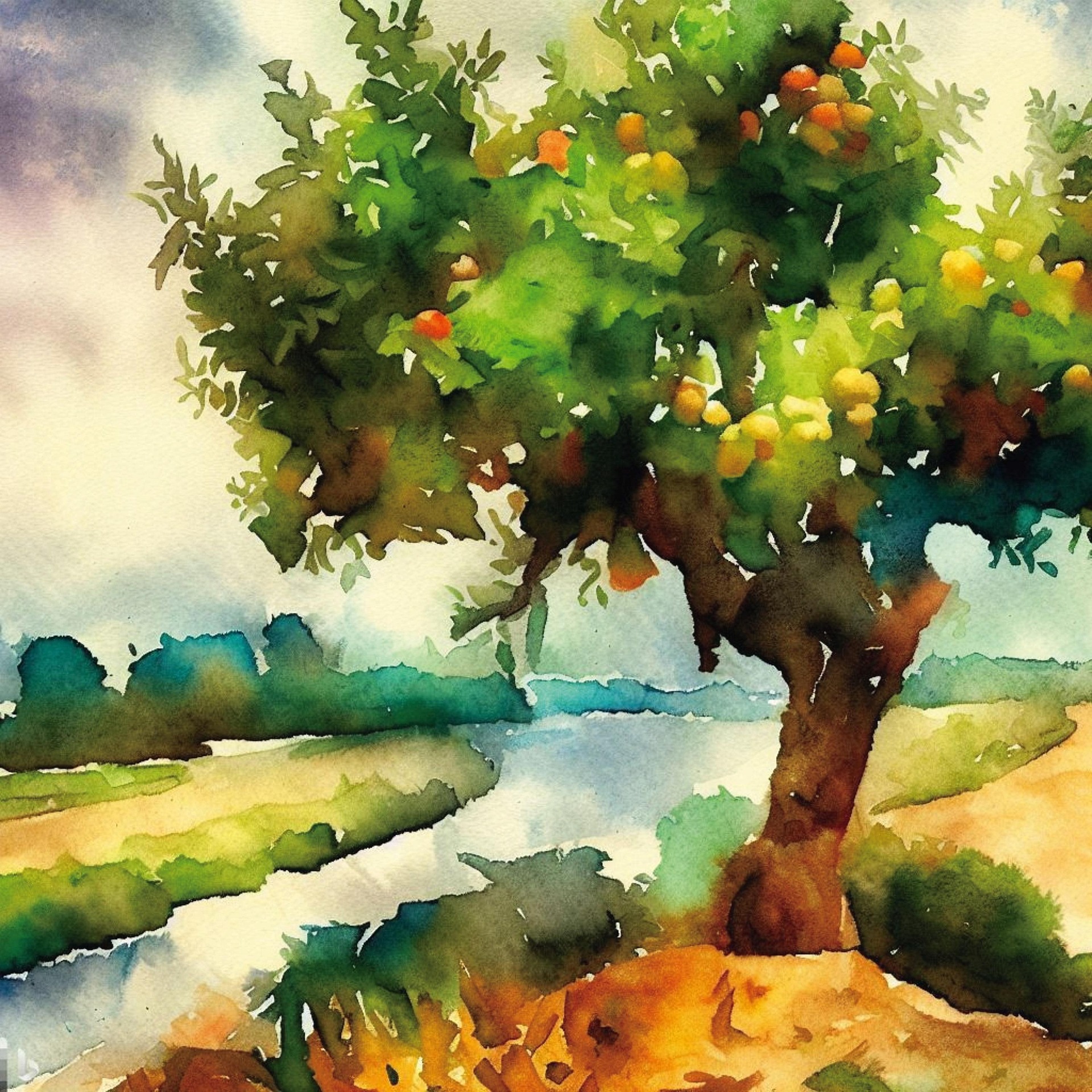6 Essential Questions When Studying the Psalms
One of the first steps to interpreting a passage is understanding its context. This is true of any literary genre, but when studying poetry in general and the Psalms in particular, we must take into consideration six individuals or groups of people by asking the following questions: 1. What did this Psalm mean to the author? Some Psalms tell us who the author is. Many do not. Some offer clues about what he is going through in the superscript. Others disclose these details through the poem or song itself. The author may describe a flight from enemies, a pilgrimage to...










